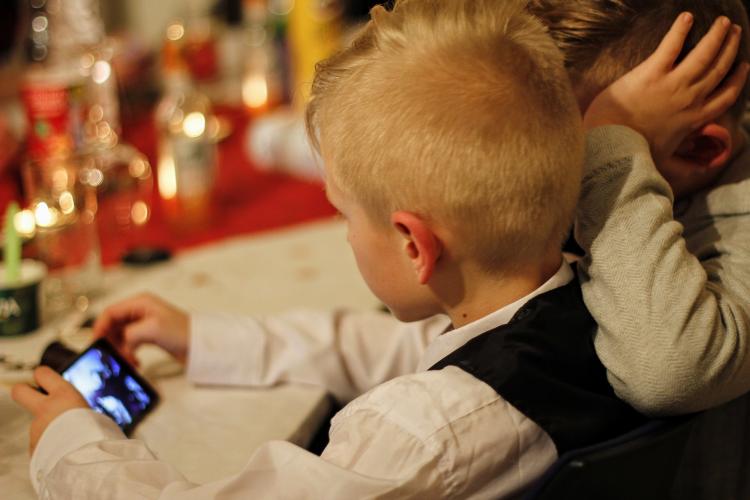With the development of a range of new gambling products, and the marketing for these products, children are more exposed to gambling than ever before. Children can see gambling images almost every day — from the corner store that sells lottery tickets to movie, online and TV ads for poker and the local casino. They see gambling being depicted as a glamourous and exciting activity, even as a lucrative career. The convergence of products in the gaming and gambling industries has been a major contributor to the promotion of gambling among children. Gambling products are including gaming themes, gambling themes are being integrated into games, and operators are encouraging customers to engage in both types of activity.
Children in Canada are prohibited from legalized gambling, but studies suggest that adolescents commonly engage in both legalized (lotteries, casinos, video lottery terminals) and self-organized (cards, sports betting, dice) gambling activities both at home and in school.
Gambling has the potential to affect families and children positively. Controlled recreational gambling can be a great group activity for family and friends. It can bring family and friends together, create social bonds and add excitement and joy to relationships. Any card game or sport betting game can be fun if played with family members, and the addition of betting and money can make “family fun night” even more fun. Responsible recreational gambling can help children develop in social and educational ways. Through gambling, especially betting on skill-based games, children can learn about rules and strategies while they share the joy of safe competition. Their focus, memory, assessment and problem-solving skills can improve. Moreover, they have an opportunity to learn about risks, when to risk and how much.
While gambling can be fun and a source of recreation, there are risks to normalizing gambling or making it too much a part of family discourse. Thus, it is important to help children understand that one can lose his/her way with gambling and experience problems. Talking to children about the potential benefits and harms of gambling is critical. So too is creating an atmosphere where they feel safe and comfortable to ask their questions and explore different perspectives and answers.
Different factors influence children’s perceptions, attitudes and behaviors related to gambling. Among these factors are what they see or hear through family activities, the media and marketing of gambling products, and the alignment of gambling products with a sport or an activity that is culturally valued. These “socializing agents” affect children’s gambling behaviours because they transmit norms, values, attitudes, and motivations. Some worry that the emergence of gambling via digital media platforms may make gambling more “ubiquitous and socially acceptable” for children.
Children tend to perceive those forms of gambling most commonly experienced or most widely marketed on television as most acceptable. Children perceive lotteries and scratch cards as offering a good chance of winning a lot of money while spending only a small amount of money and therefore regard these activities as less risky compared to other types of gambling. Children who see their families playing poker and other card games tend to regard them positively. Betting on culturally approved sports, like hockey, can seem almost patriotic. The almost ubiquitous presence of gambling activities, like 50/50 draws, in “family friendly” environments lead children to see gambling as a normal part of life.
In fact, children’s gambling behaviours can be influenced by factors such as: entertainment, winning money, the sensation of winning, the thrill of the game, or to escape stress. Whether our children gamble to have fun, win money, or play because their family and friends do, it is important to recognize that we need to educate them on the subject so that they are prepared to make responsible choices. We understand that gambling carries risk, but, as with most other risky activities in life, we cannot protect our children by isolating them from the risk. What we can do is to have a conversation with them about the potential benefits and harms of gambling, ask them questions and let them ask us their questions. It is never too early to start a conversation about gambling with children. You can bring the conversation up naturally when watching a gambling ad on TV or seeing lottery tickets in a local store.
Below are some potential topics to discuss with children:
- Ask them how they feel when they win a prize and how they feel when they lose something they really like. Does it make a difference if the win or the loss results from something they did?
- Talk to them about the meaning of winning and losing. Do we always need a prize to feel good about winning? When would the penalty for losing make the prize not worth playing for?
- Children may have misconceptions about the role of skill and chance in gambling. Discuss with them the difference between skill-based games (like video games and sports) in which they can improve their chance of their winning by practicing, versus most gambling games where the outcome is random and based on chance.
- Discuss with them why people gamble even though most people lose money when they gamble. Discuss what kinds of things they would pay money for and why.
- Explore how gambling might impact the players and others around them.

